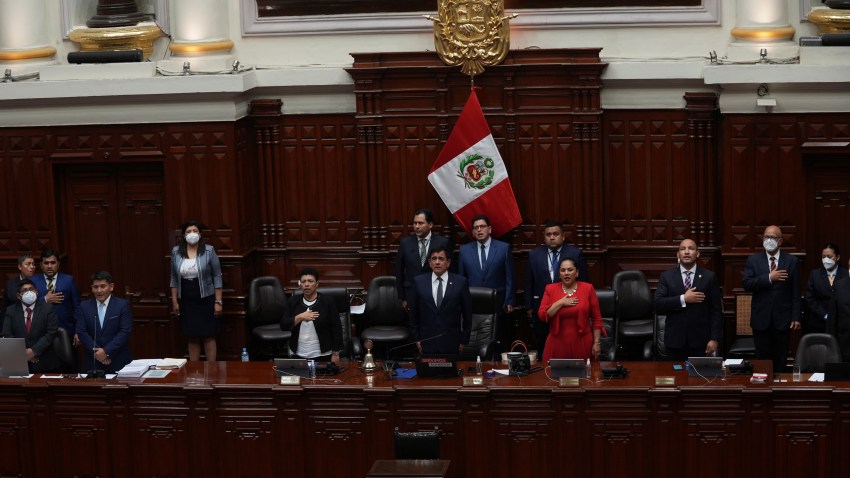Despite widespread political instability, corruption and authoritarian threats, recent developments across the Americas show that the guardrails of democracy can hold in the hemisphere. Institutions can successfully restrain populist leaders who abuse their authority. Hyper-presidentialism, in which the executive can do whatever it pleases, is not guaranteed.
Those are the takeaways from recent weeks, as one current or former leader after another has been checked by another branch of government. Latin America’s two largest countries saw attempts to manipulate their electoral systems fail. Corruption trials in Argentina and the U.S. brought at least limited accountability for former presidents. And most importantly, an attempted presidential “self-coup” was pushed back in Peru.
In Brazil, weeks after Luiz Inacio Lula da Silva won the country’s presidential election, outgoing President Jair Bolsonaro’s legal team attempted to overturn the results, falsely claiming that an electronic voting problem meant that a large portion of votes from the second round should be invalidated. Instead of throwing out the votes, Brazil’s legal system threw out the case. While Bolsonaro’s team is still plotting protests behind the scenes and making the transition process as difficult as possible, Lula remains on track to transition to the presidency on New Year’s Day.

